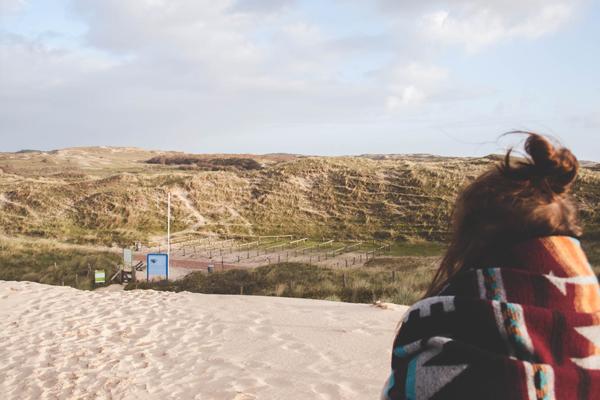Summer holidays are special times, times for making memories. What will you want to remember about this summer? Perhaps those carefree hours on the beach with the water lapping at your feet? Or fun days building sandcastles and playing in the waves? Maybe precious moments in pristine blue waters, or the sea life you saw while you were snorkelling?
Before you book a well-deserved break this summer, it is good to know that packing your cares away does not necessarily mean packing away your principles. You can help the sustainable recovery and feel good about your lodging with one simple gesture: choosing EU Ecolabel tourist accommodation.
Hotels and campsites that carry this label are helping the environment in three important ways.Firstly, they are refusing single-use plastics, and reducing and recycling waste. Secondly, they are using less water. Thirdly, they are helping tackle climate change through energy savings.

Reducing and recycling plastic and other waste
The last thing you want on holiday is to find a beach littered with plastic bottles. Sea currents quickly turn an unsightly local problem into a global one: an estimated 150 million tonnes of plastic waste float around the world's oceans. Every year, millions more tonnes of marine litter add to the problem. By 2050, there could be more plastic than fish in the sea.
This waste can maim and kill marine mammals. It can be broken down into small particles that are toxic to sea creatures. These particles could be harmful to humans as they pass through the food chain.
In EU Ecolabel tourist accommodation, waste prevention is all-inclusive. There is no single-use packaging, no disposable cutlery, toiletries or bedsheets, and less food waste. Moreover, these hotels and campsites make it easy to sort your waste, so plastics are recycled, preventing spoiled beaches, litter in the sea and threats to marine biodiversity.
Using less water
Coastal resorts are often found in places where water is less plentiful and,nd in summer, demand for this precious resource skyrockets. As climate change causes more extreme heat, water could become even more scarce. Forward-thinking EU Ecolabel tourist accommodation takes a circular approach to water management. The hotels and campsites installed taps, toilets and showers that are more efficient. They also recycle rainwater and change towels only when necessary. Cutting water consumption brings economic benefits to resorts and no loss of comfort or enjoyment for guests.
Tackling climate change
As climate change causes sea levels to rise, shorelines are eroding; beaches are literally disappearing. Climate change also increases the frequency of severe storms, which adds to the problem. Research shows that, unless we take action, up to 15,000 km of Europe's shoreline could be lost to erosion.
The good news is that small changes to behaviour can make a big difference. Experts estimate that moderate cuts to greenhouse gas emissions could prevent 40% of shoreline retreat.
The EU Ecolabel for tourist accommodation is one of many Green Deal initiatives that can contribute to energy savings. This also helps reduce our dependency on energy imports and contributes to greater resilience.
Tourist accommodation that carries the label uses up to 50% less energy than standard alternatives. These hotels and campsites are committed to sourcing electricity from renewables, investing in energy efficient lightbulbs and appliances, and installing heating and cooling systems that recirculate resources.
They will also guide you through sustainable transport options in the area, everything from bikes to electric vehicles, trams to buses. Imagine cycling along the seafront with the wind in your hair. It feels even better when you know you are making a small but important contribution to tackling climate change.
What is the EU Ecolabel for tourist accommodation?
Recognised across Europe and around the world, the EU Ecolabel is awarded to products and services that meet high environmental standards throughout their life cycle. For tourist accommodation that means complying with a set of strict environmental performance criteria in a range of areas, from waste reduction to water consumption to tackling climate change. Every hotel and campsite awarded this label for environmental excellence meets 22 mandatory criteria and selected optional others. In addition, these green investments can actually make for an even better experience for guests. All of which means that you can look forward to your holiday in total confidence.
Finding EU Ecolabel tourist accommodation is easy. More than 500 hotels and campsites are using the label to improve their environmental performance. The EU Ecolabel Tourist Accommodation website lists all the qualifying businesses by country, with convenient links to the hotels and campsites' own web pages. For more information, please visit the EU Ecolabel Tourist Accommodation catalogue.
